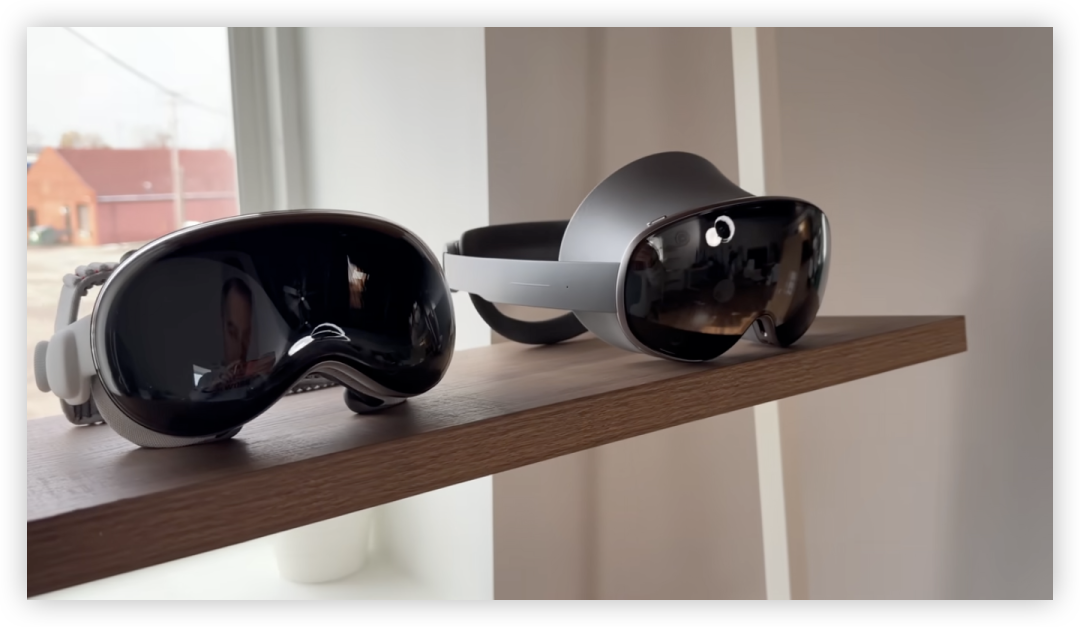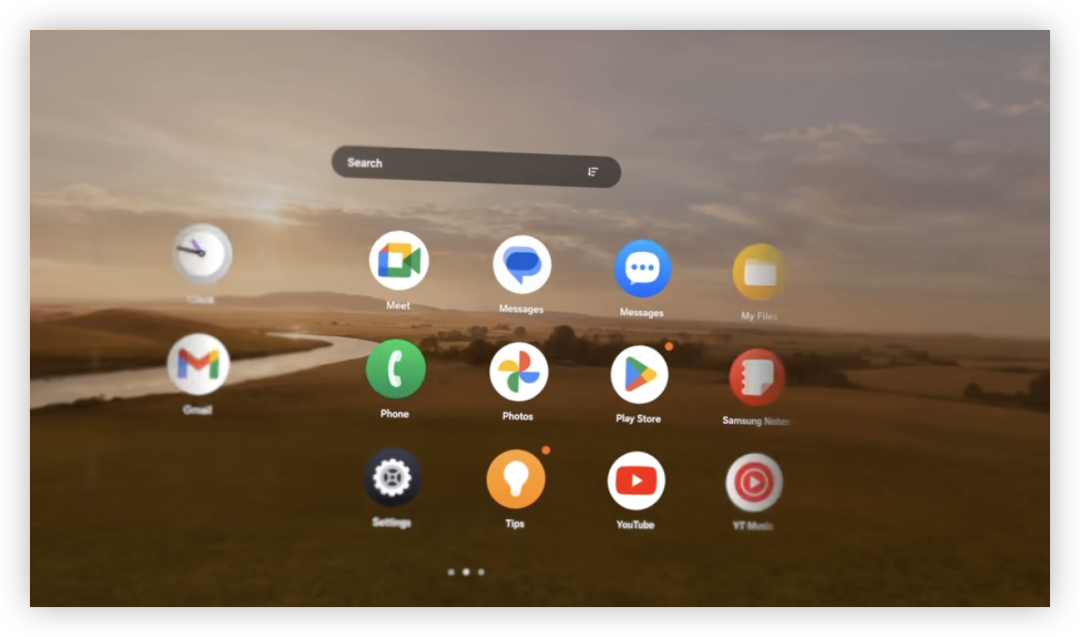Vision Pro Too Expensive? Samsung Galaxy XR Targets Mass MR

The mixed reality wave is here, and tech giants are taking the field. While Apple’s Vision Pro arrives with a “sky‑high” price, Samsung’s Galaxy XR steps in as a “people’s champion,” directly challenging Apple’s premium strategy. This is more than a product showdown—it’s a deeper conversation about value versus price.
A new MR battleground: Samsung XR hits Vision Pro’s pain points
The cutting edge is full of surprises—and fierce competition. Recently, mixed reality heated up again as Samsung’s Galaxy XR headset landed like a bombshell. It’s not only Samsung’s first major push into MR; it’s also a clear shot at the “high‑and‑mighty” Vision Pro. Will Samsung’s pragmatism win hearts, or will Apple’s peak experience prevail? This close‑quarters duel between giants is worth watching.
From my perspective, the market needs products that blend innovation with real‑world needs—and keep a keen eye on value. We want technology that truly serves everyday life, not just luxury for a few. Galaxy XR is a strong response to that call, seeking a golden balance between high‑end tech and approachable pricing to offer a smarter, higher‑value choice.
Price war: who’s the real value player?
First, the most straightforward and compelling topic—price. Samsung Galaxy XR launches at
USD 1,799, while Apple’s Vision Pro sits at
USD 3,499. That USD 1,700 delta is no small matter for average buyers. Samsung uses plastic as the primary material—less “premium” than Apple perhaps, but it delivers a lighter body and more comfortable wear. No one wants a “metal brick” on their face; practicality wins.
Comfort: lighter gear, better experience
On design and comfort, Galaxy XR’s lightweight approach, together with a single strap and a smart dial adjustment system, enables long sessions without neck fatigue. This human‑centered engineering shows Samsung’s deep understanding of user comfort. It avoids flashy looks and puts wearability first—exactly what many users want.
Ecosystem fusion: Google AI unlocks new perspectives

On ecosystem and innovation, Samsung partnered with Google to build Android XR and deeply integrated Google Gemini AI. This open collaboration gives Galaxy XR strong recognition capabilities—answering questions about your surroundings in real time and even enabling “circle to search” on real‑world objects. Embedding AI into everyday contexts is highly practical. Compared with Apple’s more closed ecosystem, Galaxy XR emphasizes connection to the real world so users enjoy immersive experiences without losing touch with reality.
Strengths and trade‑offs: different bets, different wins
We should also look objectively at both sides. Apple likely still leads in eye/hand tracking precision and razor‑sharp text rendering. And with its earlier launch, Vision Pro’s app ecosystem is richer. Samsung counters with optional controllers to improve navigation, plus PC‑tethered virtual display support. Smoothness can still improve—but it signals broader connectivity ahead.
User care: more than a product, a service stance
Samsung underscores its “user‑friendly” stance with tangible perks. Early buyers can get an Explorer Pack valued over USD 1,100 with subscriptions and services, plus 24‑month installment options. Samsung clearly understands mainstream pain points and is working to lower the barrier so more people can experience the magic of mixed reality.
Tech for the many is the real future
Galaxy XR isn’t just another new product—it’s a strong jolt to today’s MR landscape. With a more accessible price, practical design, and a more open ecosystem, it shows another path: innovation doesn’t have to be exclusive. For value‑minded consumers, Galaxy XR is a compelling choice. The future of MR remains to be written, but products like Galaxy XR—balancing innovation with inclusivity—are the kind of force that can truly lead the industry forward.
Reference: https://fiftystates.news/article/samsungs-galaxy-xr-takes-on-apples-overpriced-vision-pro
分享文章
3篇相关文章
A New XR Education Era: How Samsung Galaxy XR Reinvents Enterprise Training
2025-11-14
Samsung Human Resources Development Institute adopts Galaxy XR, fusing AI with extended reality to redefine corporate learning.
Samsung ‘Moohan’ XR Headset Debuts: A Hardcore Showdown Reshaping the XR Landscape
2025-10-14
Samsung joins forces with Google and Qualcomm to launch the innovative ‘Moohan’ XR headset, taking direct aim at Meta and Apple and redefining competition with an unprecedented immersive experience.
Android XR is Not Just a Gimmick - It Could Be the Next 'Enterprise Efficiency Power-Up'!
2025-05-29
Whether it's factory workers or designers working across time zones, they all face one challenge: how to 'see the future' in complex reality? Android XR can help.